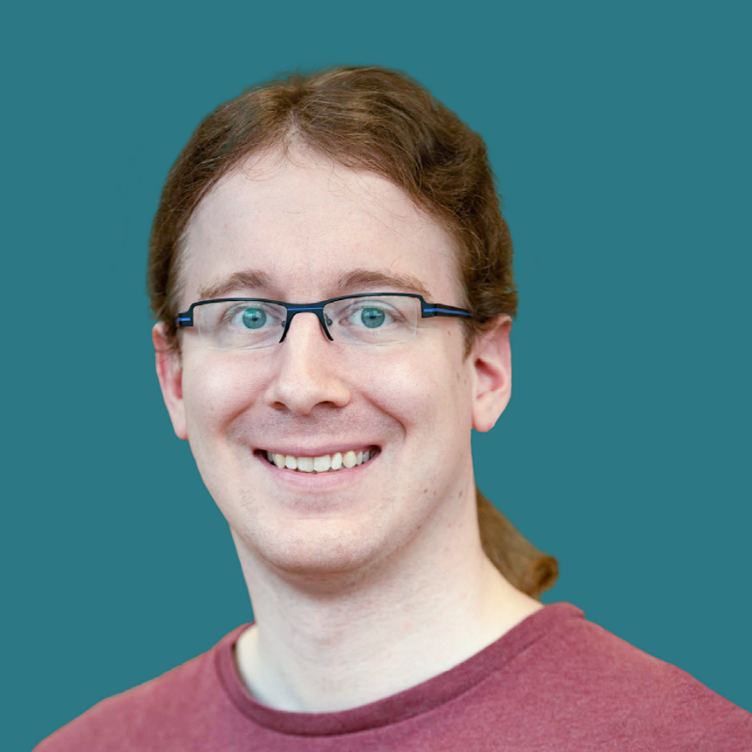Ralf Jung and his colleagues receive the 2023 Alonzo Church Award
Ralf Jung’s work on the Iris logic framework is awarded the 2023 Alonzo Church Award for Outstanding Contributions to Logic and Computation. Congratulations!

Ralf Jung is Assistant Professor at the Institute for Programming Languages and Systems. He receives this award together with the co-authors of four of his papers, published between 2015 and 2018, for the design and implementation of Iris, a higher-order concurrent separation logic framework.
The Alonzo Church Award for Outstanding Contributions to Logic and Computation is granted by the European Association for Theoretical Computer Science (EATCS) and will be presented at the ICALP 23 conference in July 2023.
Ralf Jung joined the Department of Computer Science in November 2022 as a Tenure Track Assistant Professor of Computer Science. He is using rigorous mathematical techniques to make software more reliable and more secure, focusing on two main projects: Rust and Iris. The latter, which earned Professor Jung the award, is a framework that can be used for reasoning about safety of concurrent programs. Since he started at ETH Zurich, Ralf Jung continues developing the logical foundations of Iris, and is also interested in applying it to new problems, such as modular verification of fault-tolerant distributed system components.
The 2023 Alonzo Church Award awardee papers are:
- Ralf Jung, David Swasey, Filip Sieczkowski, Kasper Svendsen, Aaron Turon, Lars Birkedal, Derek Dreyer: “Iris: Monoids and Invariants as an Orthogonal Basis for Concurrent Reasoning”. POPL (2015).
- Ralf Jung, Robbert Krebbers, Lars Birkedal, Derek Dreyer: “Higher-order ghost state”. ICFP (2016).
- Robbert Krebbers, Ralf Jung, Aleš Bizjak, Jacques-Henri Jourdan, Derek Dreyer, Lars Birkedal: “The Essence of Higher-Order Concurrent Separation Logic”. ESOP (2017).
- Ralf Jung, Robbert Krebbers, Jacques-Henri Jourdan, Aleš Bizjak, Lars Birkedal, Derek Dreyer: “Iris from the ground up: A modular foundation for higher-order concurrent separation logic”. J. Funct. Program. 28 (2018).